
PFSENSE
Today i will be sharing to you the firewall i have made in our institution, but for now user interfaces will only be shown today. So as we prepare to learn this day, I will introduce to you the pfsense ui and it's brief difinition or uses.
LOGIN PAGE
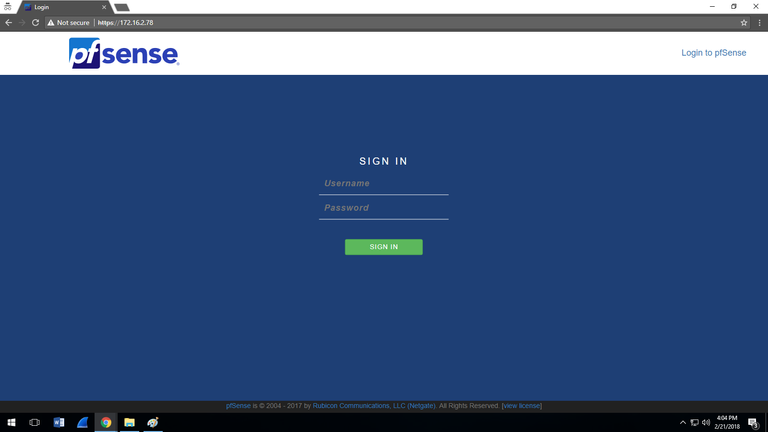
| where you can input your username and password
SYSTEM
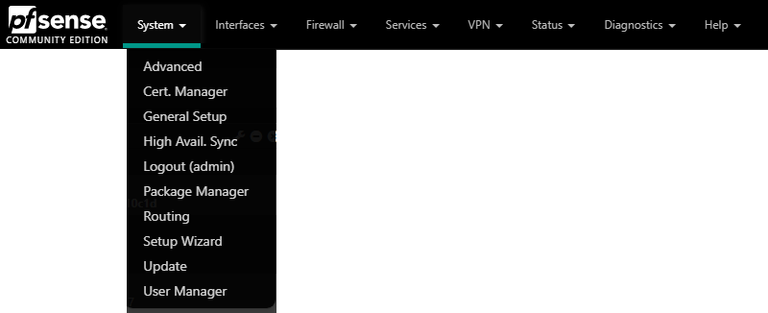
| Change of passwords, Install Packages, DNS Server Settings, Routing
INTERFACES

| VLANS, Assigning of Interfaces, WAN Configuration, PPPOE Configuration
FIREWALL

|Alliases,Port Forwarding, Traffic Rules, Bandwidth Limiter
SERVICES
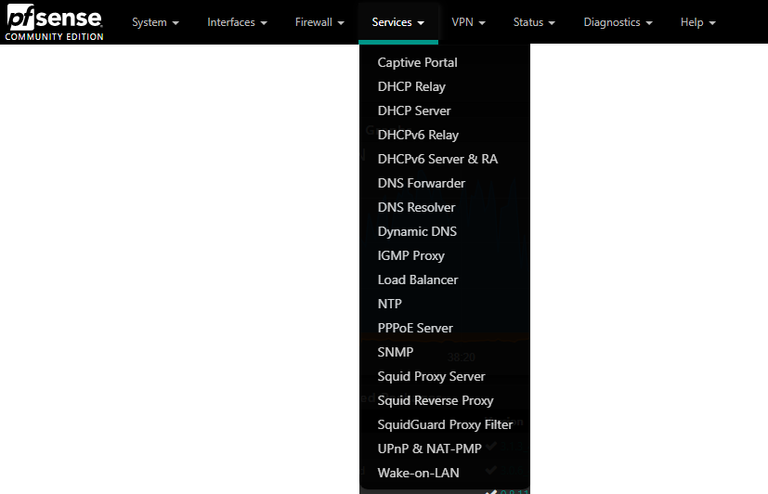
|Website Restriction, Google Safe search, Load Balancer, DNS Resolver
VPN

|Open VPN, L2TP
STATUS
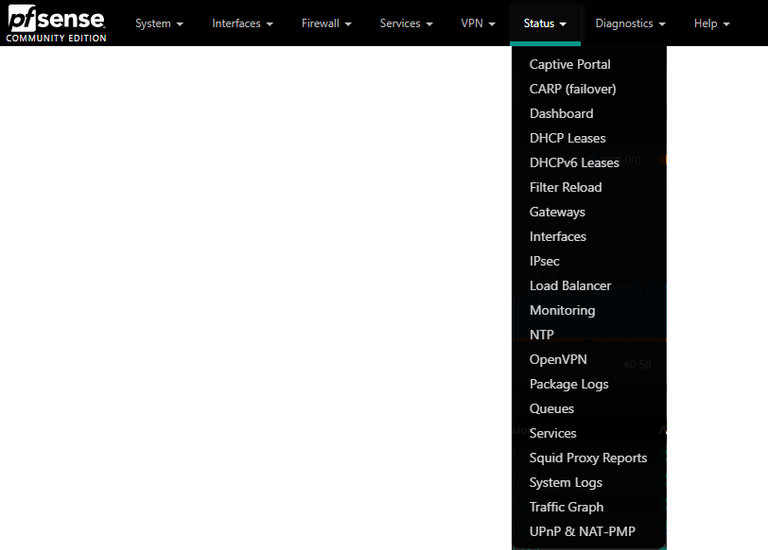
|Monitor Gateways, Reports, System Logs, Traffic Graphs
DIAGNOSTICS
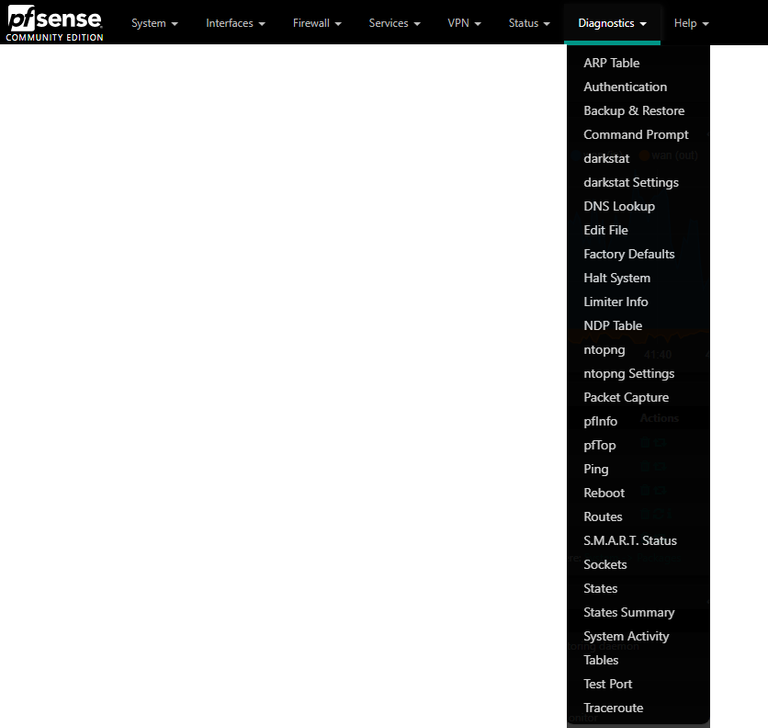
| Backup and Restoring of files, Reboot, S.M.A.R.T. Status, Testing of Ports and Tracing of routes
HELP

| All about PFSense management
GENERAL SETUP
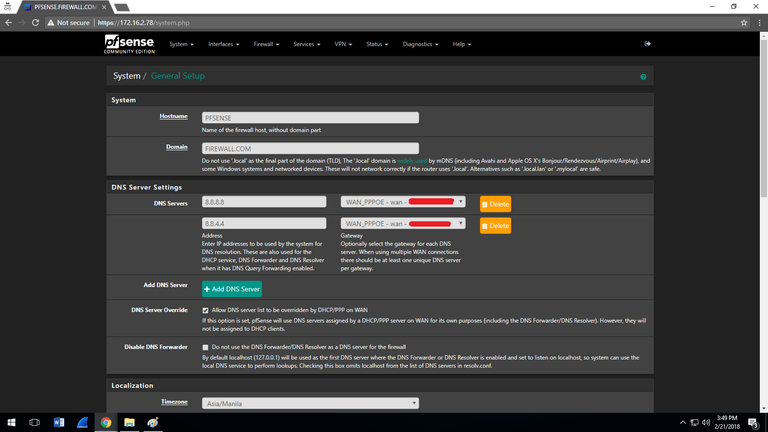
|Is where you can assign your Hostname and Domain Name. You can also configure the DNS Server Settings. Changing of timezone, language, adjust the theme and even edit dashboard columns.
WAN INTERFACE
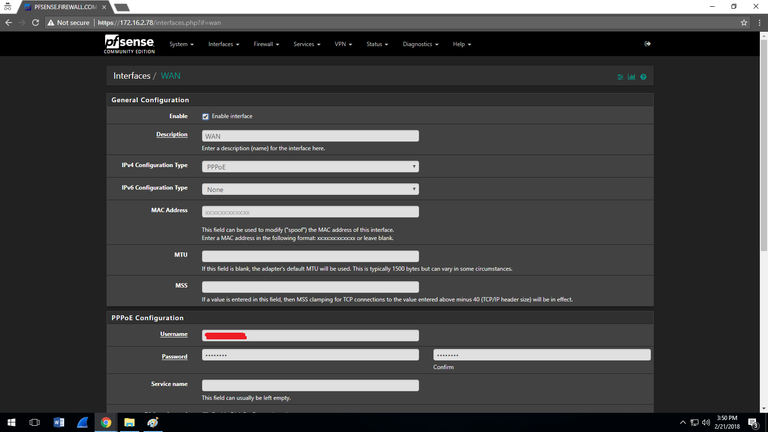
| Assigning of Username of Password or if you have PPPOE account you can also register it to pfsense.
RULES
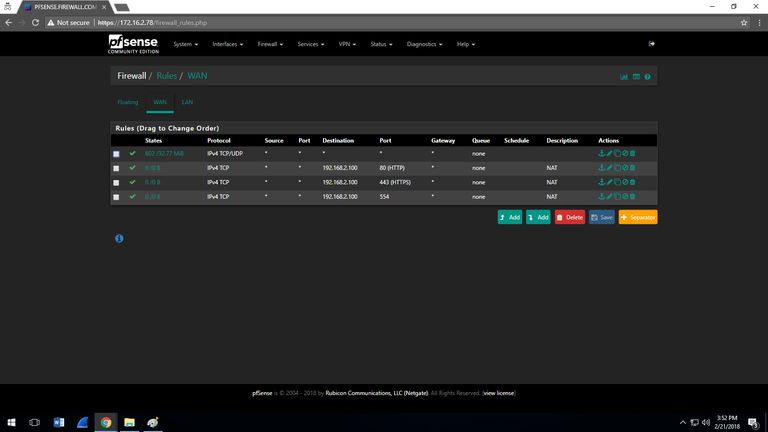
|Where you can see all your configured VLAN's, Configure Restriction per VLAN's and applying drag and drop inorder to change the rule order.
DHCP SERVER
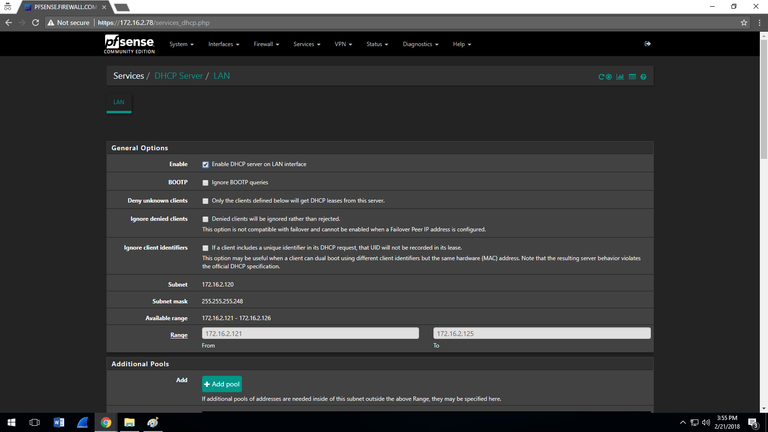
| Every end devices that is connected to the network will automatically absorbed by the firewall if user is using dhcp on ip configuration.
SQUIDGUARD
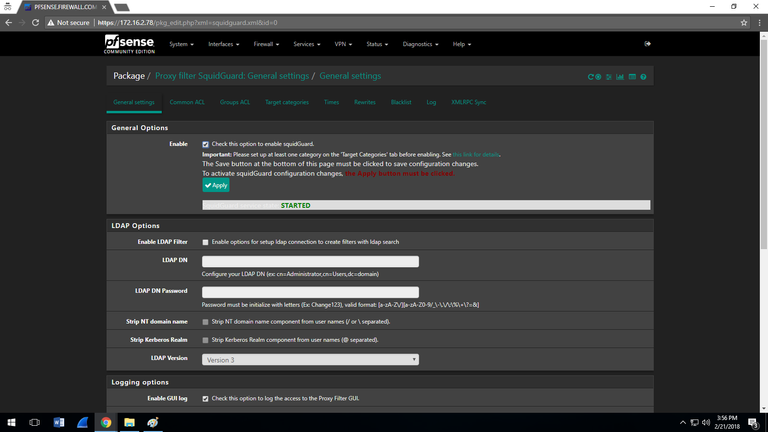
|one of the most important package to be installed in a firewall is the squidguard. You can block websites by downloading squidguard and install it to firewall and you can now configure the squidguard after installation.
Any comments question is highly appreciated just comment down below and i will give you my best time answering your queries.
Next: PFSENSE Installation
#Learn and Share!
it's me,
@jriel
I worked with PFSense for around 2 years now @ home then @ work. Here's my feedback, hoping this will help.
1- The most important thing to keep in mind is to carefully choose your network card if you are going to run a big network. (for fine-tuning, when you have no choice, you can try these tweaks: https://doc.pfsense.org/index.php/Tuning_and_Troubleshooting_Network_Cards )
2- There are few restrictions when it comes to redirection of specific traffic through site-to-site VPN tunnels (when you want your site-to-site remote tunnel to act as a proxy for specific traffic only, full "proxy-ing" works)
3- SNORT is always a good idea as an Intrusion Prevention System
4- for more security, you can run the network anti-virus (ClamAV or others)
Cheers,
wow! that was a wonderful advice sir, thank you so much for that. :)
You're very welcome :)